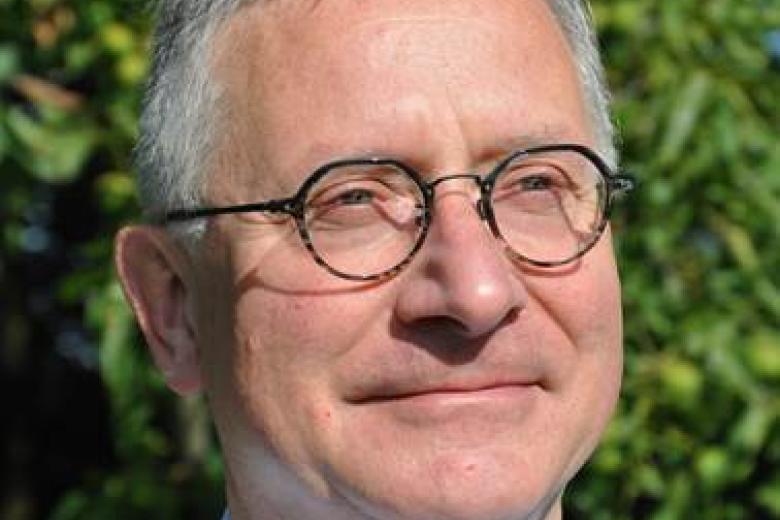Gone with the wind
Acute pain is an important protective mechanism in our bodies. It is a signal that alerts us to (potential) damage or illness. However, when acute pain turns into chronic pain, this useful function is lost and the pain actually only has adverse effects. Every day, more than 2 million people in the Netherlands struggle with chronic pain. Can anything be done about this? That is what PhD candidate Astrid Meesters researched at Maastricht University. She received her doctorate on Sept. 28 with her research on flexibility and mindfulness as resilience factors for pain and recovery.
According to The Committee on Advancing Pain Research, Care & Education (USA), pain is chronic if it is continuous or recurrent pain that lasts longer than the normal healing period for an illness or injury, or if the pain lasts longer than three months. Whereas in acute pain the pain stimulus is present and one can therefore usually effectively control it with analgesics, this is not the case in chronic pain, where no pain stimulus is present anymore and treatment with analgesics is therefore ineffective. To combat chronic pain, we must therefore look for the solution in another corner; not the body, but the mind.
Not fixing what is wrong, but building what is strong
Several psychosocial factors influence the experience of pain and recovery, of which emotional flexibility and mindfulness may be two. While the role of mindfulness in chronic pain and pain perception has already been studied, this is not the case for the role of emotional flexibility. Astrid examined this link, as well as the link between emotional flexibility & mindfulness and mindfulness & wound healing (as a measure of recovery). The premise here was that pain is an emotional experience. By increasing your emotional flexibility, you should better cope with your pain and faster recovery from pain would occur. This, in turn, you can train with mindfulness according to Astrid. Unfortunately, the research has not yet come to any firm conclusions regarding this last theory.
However, there were first hopeful results regarding emotional flexibility and recovery from acute pain; a higher degree of emotional flexibility was related to a faster recovery from pain. In addition, Astrid found evidence that an increase in mindfulness was related to faster wound healing.
Prevention?
Mindfulness cannot be applied only when people are already experiencing chronic pain. Indeed, with the motto, "Not fixing what is wrong, but building what is strong," Astrid wants to focus primarily on prevention of chronic pain, or in other words, promoting recovery from acute pain.
So should everyone start practicing mindfulness like crazy now? To that question, Astrid replied that mindfulness is worth trying, but it is not made for everyone. You need to have intrinsic motivation and without proper guidance it can actually be risky for mentally vulnerable people. Besides, it wouldn't be a crazy idea to do it at the kitchen table, after you've once again cut yourself badly with a kitchen knife.
Also read
-
PhD research shows impact of aggression on staff and patients in forensic care
Nienke Verstegen, researcher at De Forensische Zorgspecialisten, has conducted research on aggression within forensic care and its impact on patients and staff. On July 6, 2023, she will receive her PhD from Maastricht University with her dissertation ' Hurt people hurt people. Characteristics and...
-
Procrastination is the thief of time
In his PhD research, Kristof Vandael investigated how this generalization of pain-related avoidance can be inhibited in the lab to help optimize therapy for chronic pain or even prevent the development of chronic pain.
-
Shivers down your spine
Prof. Dr. Leentjens at Maastricht University has been researching the relationship between psychiatric and neurological symptoms for years in order to pay more attention to mental symptoms in treatment.